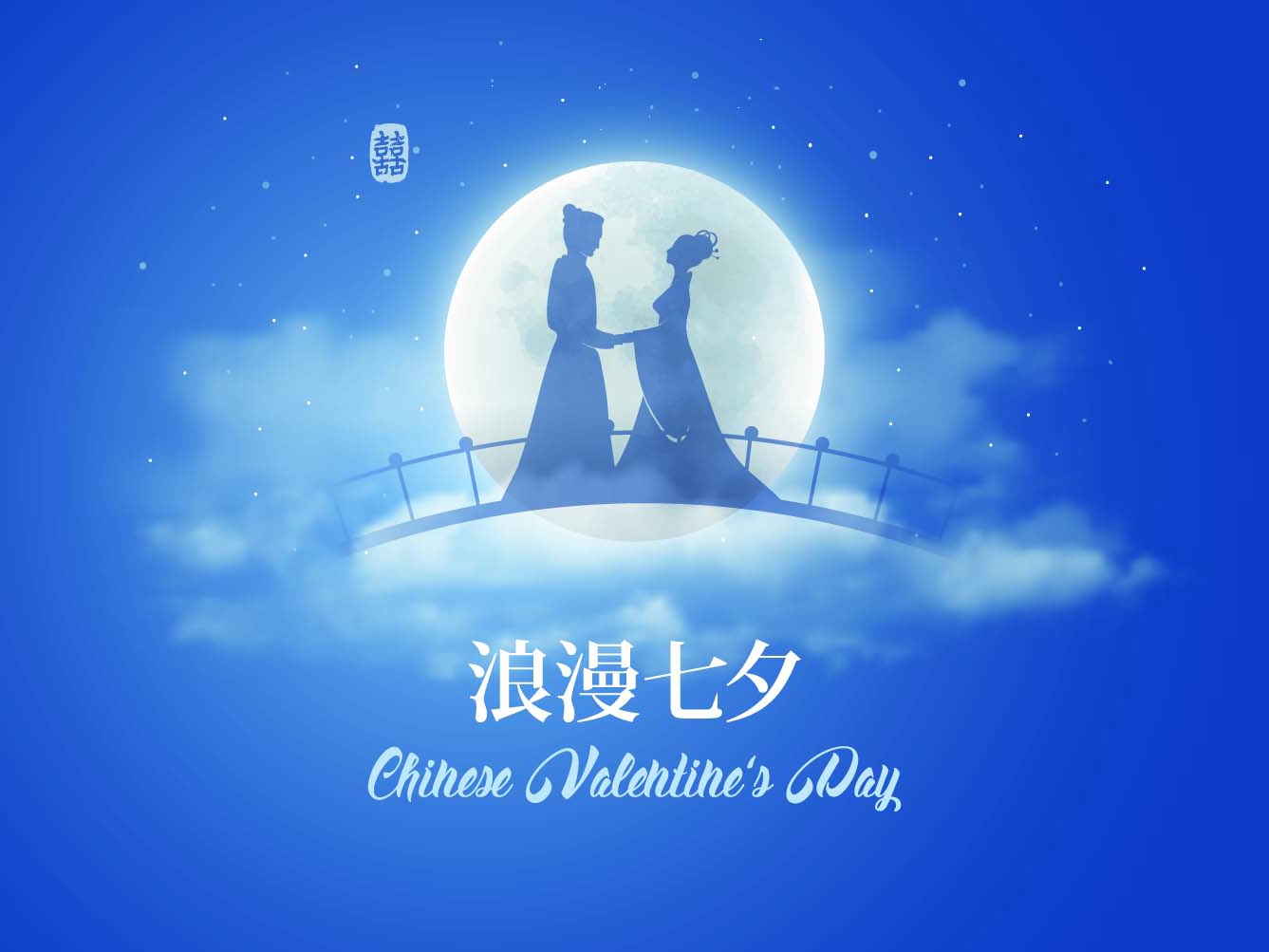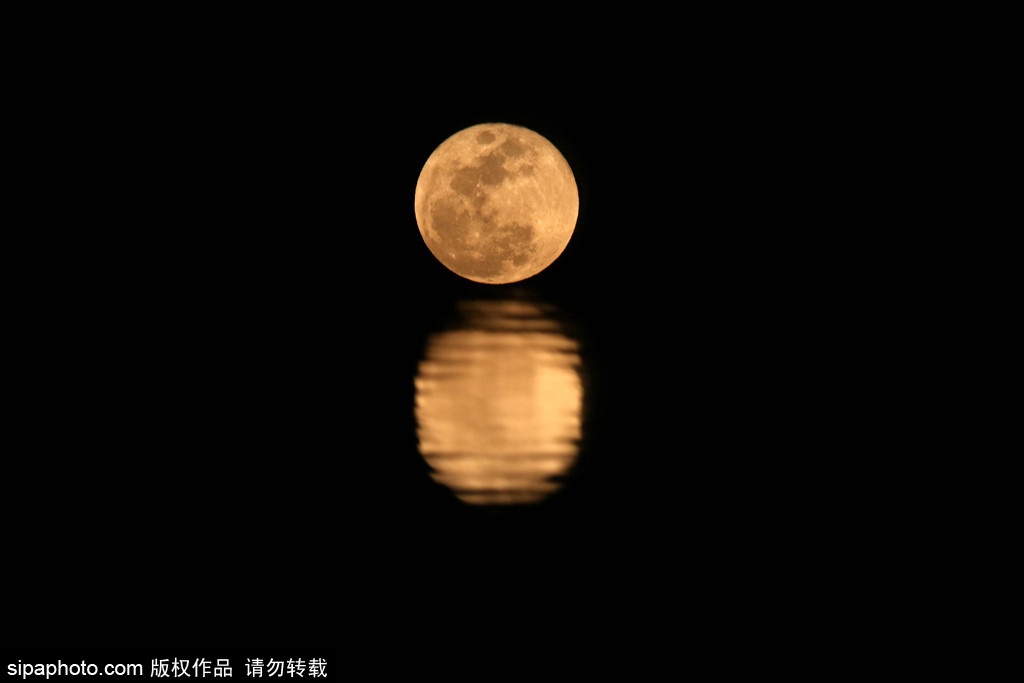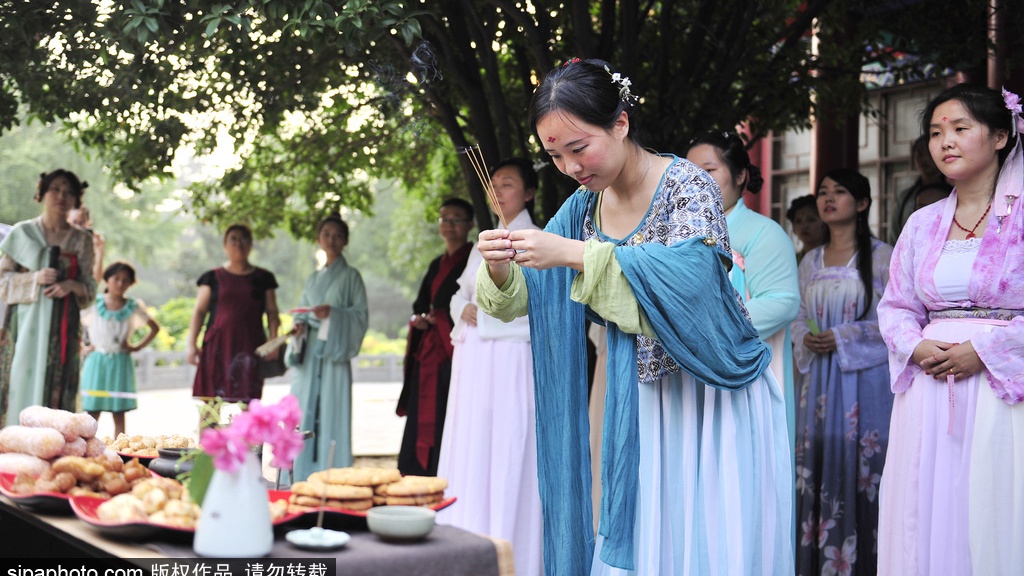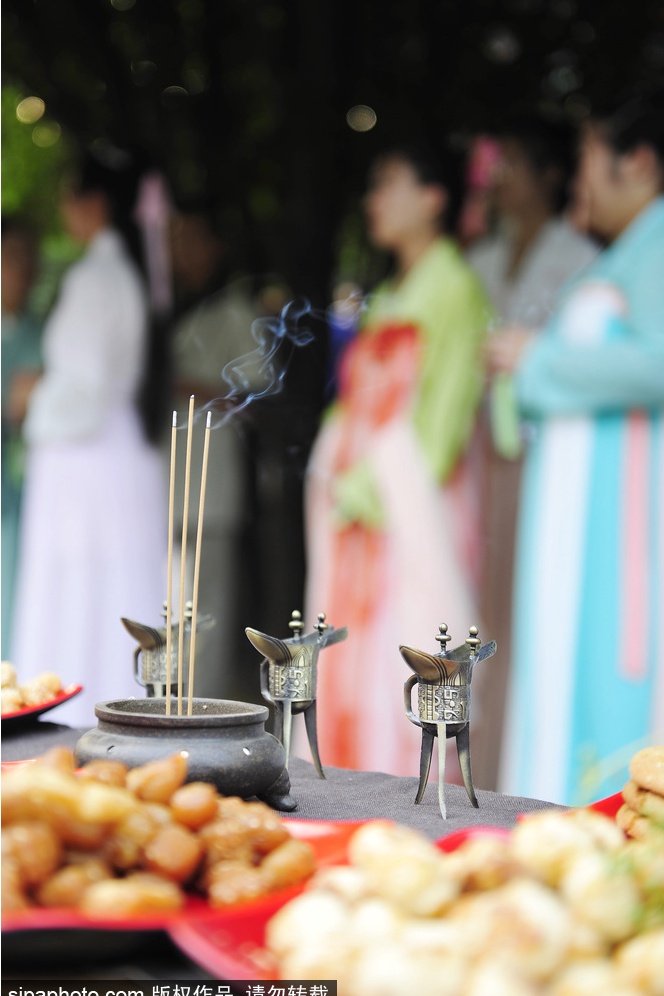
Qixi Festival falls on the 7th day of the 7th lunar month of the lunar calendar is a traditional festival of Han people. Anecdotally, the festival originated from the romantic legend of the annual meeting of two lovers, Zhinv and Niulang who were the weaver girl and the cowherd respectively. According to legend, Zhinv (the weaver girl, symbolizing Vega) was the seventh daughter of Jade Emperor who was enviably smart, deft, and good at weaving. So, worldly ladies worshiped her to pray for wisdom, dexterity and happiness. With time, the "Qiqiao (praying for dexterity)" activity on the 7th day of the 7th lunar month took shape, thus evolving into the Qiqiao Festival later. It is also known as Double Seventh Festival, Qiqiao Festival, Daughters' Festival, Maidens' Festival, Xiangqiao Meeting and Qiaojie Meeting.
Lots of poems and verses during the Tang and Song Dynasties, has depicted women celebrating the Qiqiao Festival. Till the Song and Yuan Dynasties, it grew more and more popular - markets in articles on the Qiqiao Festival flourished in the capital. At that time, people called them Qiqiao Market. From the first day of that month, people started buying articles to celebrate the festival. Back then, the Qiqiao Market was teeming with people, and even more crowded as the festival neared. With a sea of people and a traffic jam, the scene was as hectic as that of China’s grandest Spring Festival. All speaks volume for a fact that Qiqiao Festival was one of favorite festivals of ancient Chinese.
Later, as the anecdote that Qiqiao Festival originated from the love story between Niulang and Zhinv gained currency among worldly women, come July 7th of the lunar calendar when Niulang and Zhinv met at the magpie bridge, maidens would turn out in evening to celebrate the festival. Standing nearby flowers, they stared at the sky for Altair and Vega, hoping to see their annual meeting and praying for growing into a smart and deft maiden and having a happy marriage as Zhinv. In the course of time, this activity evolved into today's Qixi Festival.
Since May 20, 2006, Qixi Festival joined the list of the first batch of national intangible cultural heritage. Now, it is dubbed “China’s Valentine’s Day”.
▶ Worshiping the Moon

People of ancient times worshiped the Lunar Deity as often as not on Shuori, namely the 1st day and 2nd day of the 7th lunar month. Some people hold that worshiping the moon on the 15th day of the Han Dynasty was a small amendment to previous worshiping days. As moon is considered a mascot of female in traditional Chinese culture all along, women of bygone days maintained the tradition of worshiping the moon, and often made wishes or poured out their minds to it. Such a custom has survived into today since time immemorial with typical activities like Qixi Festival and Mid-Autumn Festival. Maybe, the legend of Diaochan Worshiping the Moon describes the most heart-touching picture.
▶ Worshiping Zhinv

On the Qixi Festival, women will get together to enjoy themselves, which is called “Worshiping Zhinv”. More often than not, maidens and women will ask their friends or neighbors out before hand to form a gathering with five to ten people. The ceremony kicks off with arranging a table in moonlight. On the table, there are tea, wine, fruits, five kinds of nuts (longan, jujube, hazelnut, peanut and melon seed) and other sacrificial offerings. Women sitting around it eat peanuts and melon seeds while meditating on what are on their minds. And they wouldn't leave until mid-night.
▶ Making Qiaoguo

There are many kinds of Qiaoguo (Fried Thin Pastes) for Qixi Festival with oil, flour, sugar and honey as the main ingredients. As early as the Song Dynasty, Qiaoguo has been on offer in the markets. To make Qiaoguo, people boil white sugar in a cauldron until it changes into syrup, blend it with flour and sesame evenly, roll out the dough until it gets thin, slice it into many a rectangle dough, nip them into a fusiform shape and deep fry them until they grow golden. Moreover, maidens with a dab hand can nip them into a variety of shapes relating to the legend of Qixi Festival.




